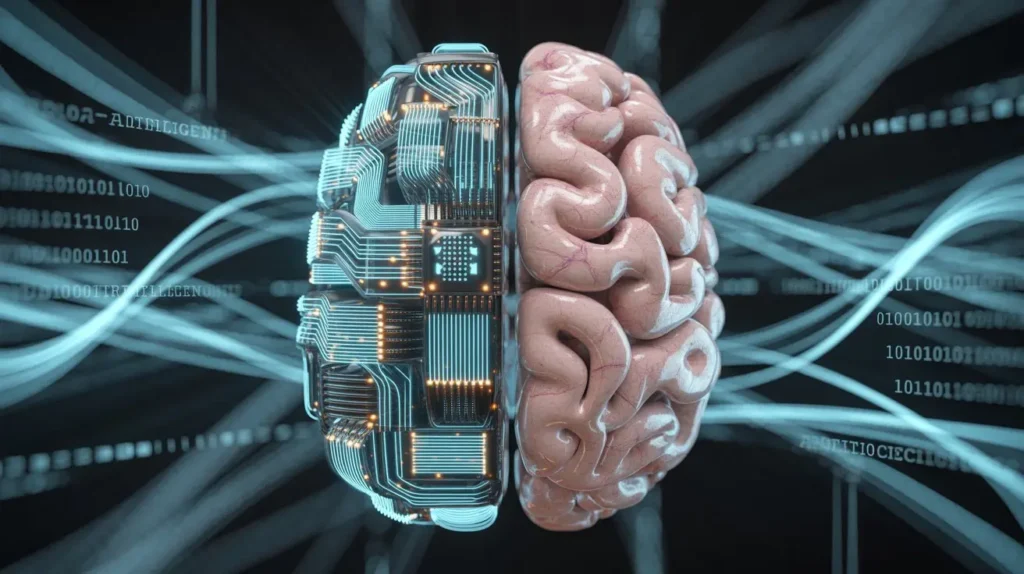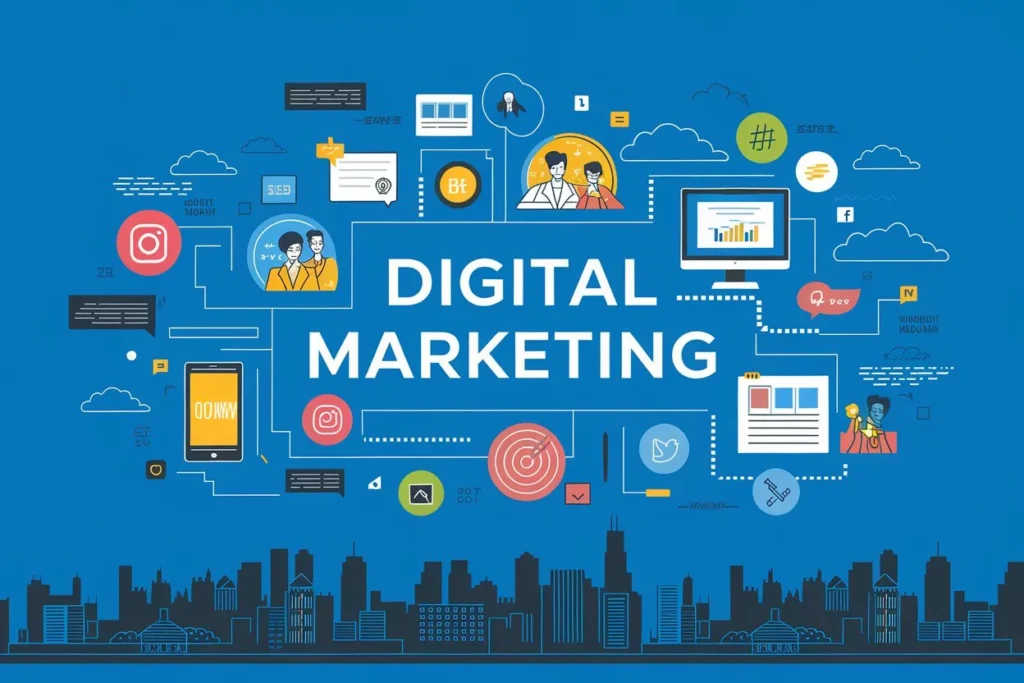Will AI Replace Humans? The Shocking Truth You Need to Know
Introduction As fast as technology is advancing, everyone has been wondering whether artificial intelligence (AI) will be able to replace humans. The invention of artificial intelligence (AI) has created debate in many fields, institutions of learning, and even among small business entrepreneurs and students. Increased interest and worry are reflected in the popular search engine phrase “AI replace humans.” But how much of that worry is myth and how much is real? Our intention within this blog is to analyze this question and sort out the myths and facts regarding the potential, limitations, and potential for human-machine collaboration of AI. 1. Understanding Artificial Intelligence It is necessary to provide an explanation of what we now call artificial intelligence (AI) prior to discussing its myths and realities. Artificial intelligence refers to the reproduction of human intelligence in machines designed or at least thought to behave and learn like humans. Examples include virtual assistants, chatbots, recommender systems, and driverless cars. AI is comprised of data and algorithms, as artificial intelligence (AI) uses large datasets to help solve problems and/or complete tasks, specifically speech recognition, image analysis, and chess. So, does that imply there are human elements of intelligence that will ultimately be replaced by artificial intelligence? The Evolution of AI: A Historical Lens AI is not a trendy term for the 2020s. AI’s origins date back to the 1950s. The idea has quickly changed from rule-based systems to neural networks. Even with all of the advancements, artificial general intelligence is still a long way off. The claim that AI will eventually replace human intellect is therefore largely premature. 2. Common Myths About AI : Myth: AI Will Take Over All Human Jobs People spend a lot of time worrying that robots and smart programs will slide into every job and leave the rest of us broke and aimless. That fear seems perfectly reasonable when we watch assembly lines, delivery fleets, and even call-centre phones get handled by machines every day. Yet, thinking AI replace humans role is really just an easy headline that ignores the messy reality of work. In truth, AI replacing humans in tasks that are repetitious, mechanical, or repetitive, in which there is little requirement for creativity or an emotional quotient. But, there is plenty of good news! AI replaces these mechanical jobs but creates new or higher order jobs that rely on strategic thinking, creativity, and interactions with people. Jobs like a digital marketer, AI trainer, prompt engineer, and data analyst are all in high demand today, which did not exist or were not even recognized ten years ago, especially when AI was just starting to permeate our lives. You are correct, these are all uniquely human roles. In a report released by the World Economic Forum in 2023, while it was confirmed we will see AI replace humans in 85 million jobs by 2025, it was also predicted AI would create 97 million jobs. It makes an important distinction: AI replace humans in certain functions, but not humanity. We are not going to be erased, we are evolving. The future of work is about evolution, not extermination. In summary, instead of viewing AI as a threat, it is time to view it as an additional tool – a partner. Because when it comes to decision-making, empathy, ethics and innovation, as sophisticated as machines will get, AI replace humans completely is NOT going to happen. Myth: AI Can Feel and Think Like Us AI simulates thought processes but does not possess consciousness or emotion. Even the most advanced systems – like ChatGPT – cannot feel joy, pain, anger, empathy. So, if you’re concerned about AI replace humans empathy, relax. There’s still a differentiator that is ONLY reserved for humans. Myth: AI Is Always Right AI is not immune to mistakes – in fact, AI is only as good as the data it has been fed. From biased algorithms to accidental outputs, we must put careful thought into any AI platform we implement. To trust AI blindly could cause more harm than good. The current idea that AI replace humans’ decision-making completely is not accurate. What AI Is Truly Capable Of AI is best at: – Data processing – Pattern recognition – Translating languages – Analysis of images – Predictive analytics But here’s the secret – these are all very specific activities. The more creativity, human emotion, or ethics that are involved in the task, the harder it is for AI to emulate. 3. The Real Role of AI in Our Lives Let’s look at how AI is being used to augment human capabilities across different sectors: In Business Artificial intelligence is increasingly performing tasks and automated processes which would typically be manual functions involving invoicing, customer services, data entry, and more. It’s functioning at a higher level with predictive analytics allowing for more informed decisions based on historical analytics. In Education Platforms driven by AI personalize education by making recommendations for students that are specific to their interests and progress. However, they are unable to take the place of human teachers’ emotional support and mentoring. In Healthcare Artificial intelligence is being utilized for patient diagnostics, monitoring patient engagement, and even robotic surgery and tasking but the main things humans do are the patient interaction, ethical decisions, and emotional articulation, etc. In Marketing While AI tools can analyze consumer behavior, segment audiences, and suggest content, human marketers must build loyalty and inspire emotional responses to brand campaigns. While AI can optimize campaigns, analyze engagement, and predict the journey of the consumer behavior process, human influence on core messaging and creative strategies, is invaluable, which is the reason digital marketing is so effective. The Human Skills AI Cannot Replace Even with rapid advancements in AI, it will never be able to express basic human characteristics. Indeed, that is precisely the reason that AI replace humans will never happen – machines perform tasks and processes, but they are incapable of empathy or emotional intelligence – vital components of healthcare, counseling,

